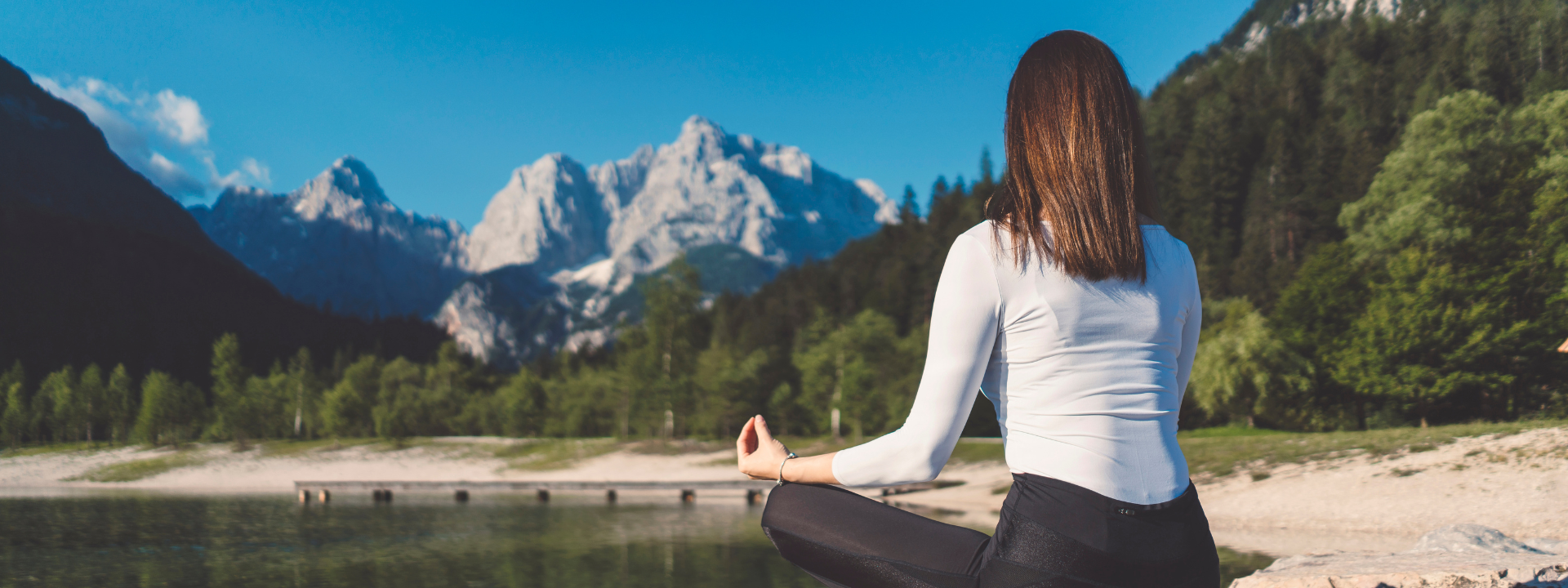Nature and Mental Health
Spending time in nature is one of the best things you can do for your mental health. If you haven’t heard this before, it’s likely that you have already experienced the benefits of it, possibly even without knowing it. Anxiety about climate change and future environmental harm (also known as eco-anxiety) can also play a big role in the state of our mental health.
Read on to explore the connection between nature and mental health and learn how getting outside can help improve your overall well-being.
Health Benefits of Connecting To Nature
Many studies have been done on the cognitive effects of being outdoors and spending time in nature including:
- Lowers stress levels
- Restores our ability to focus and pay attention
- Better cognitive development (especially in children)
- Sparks creativity
- Reduce feelings of anger and loneliness
- Improve confidence and self-esteem
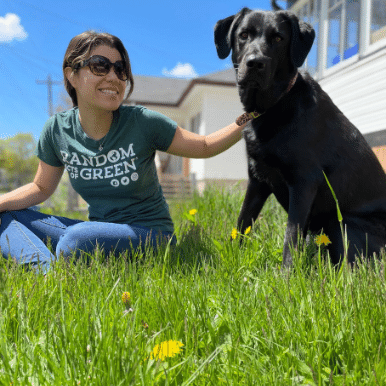
If you find it hard to make time to get outside, that’s okay! There are tons of ways to fit some extra outdoor time into your daily schedule! Check out our blog about how we can encourage people to get outside more.
Nature Makes Us Happy
Beyond the cognitive benefits, spending time in nature has a ton of benefits for your happiness levels. A study from the University of Washington showed evidence that contact with nature is associated with:
- Subjective wellbeing
- Increased happiness
- Positive social interactions
- Sense of meaning and purpose in life

Environmental Activities You Can Do Outside
If worries about climate change or negative environmental issues are affecting your mental health, spending more time outside may make you feel reconnected to nature and could be helpful.
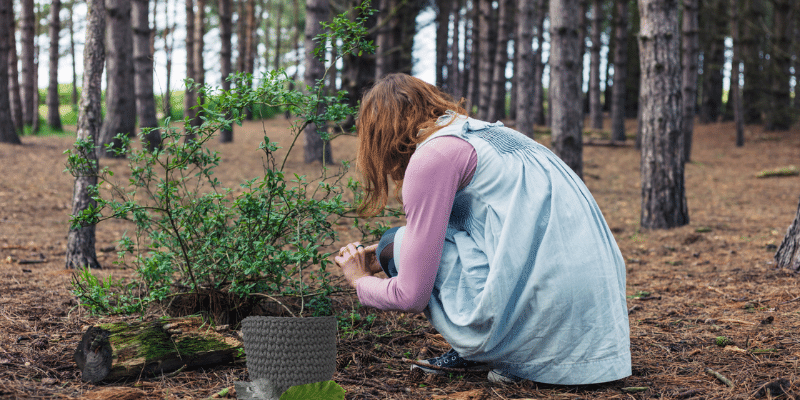
nature mental health impact factor
If you want to do more, here are some simple ways to get more involved in making real impacts for the planet!
- Go for a walk to pick up litter
- Build an animal habitat or plant a garden
- Try to be more conscious about upcycling
- Avoid using disposable plastics like straws, plastic bags and bottles
- Try to reduce your energy consumption
- Use public transit, walk more, or ride your bike to get around!
- Donate to an environmental group that resonates with you
- Educate others through word of mouth or social media
- Join a volunteer organization for the environment
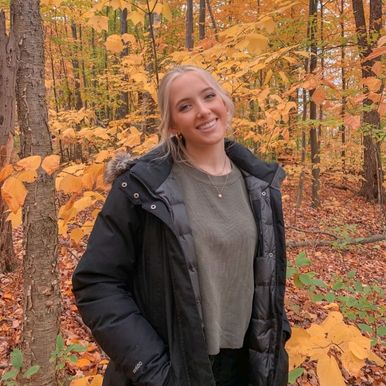
Author
Abby Maxwell
Join Our Email Community
Gain exclusive access to green trends, tips, and tricks when you sign up for our free newsletter. Enter your email to join our community of changemakers!
More Blog Posts:

Sustainable LGBTQ Owned Brands and Organizations To Support For Pride Month (and beyond!)
Sustainable LGBTQ owned Businesses to support! Learn about the connection between this community & their inclusion in the environmental movement.
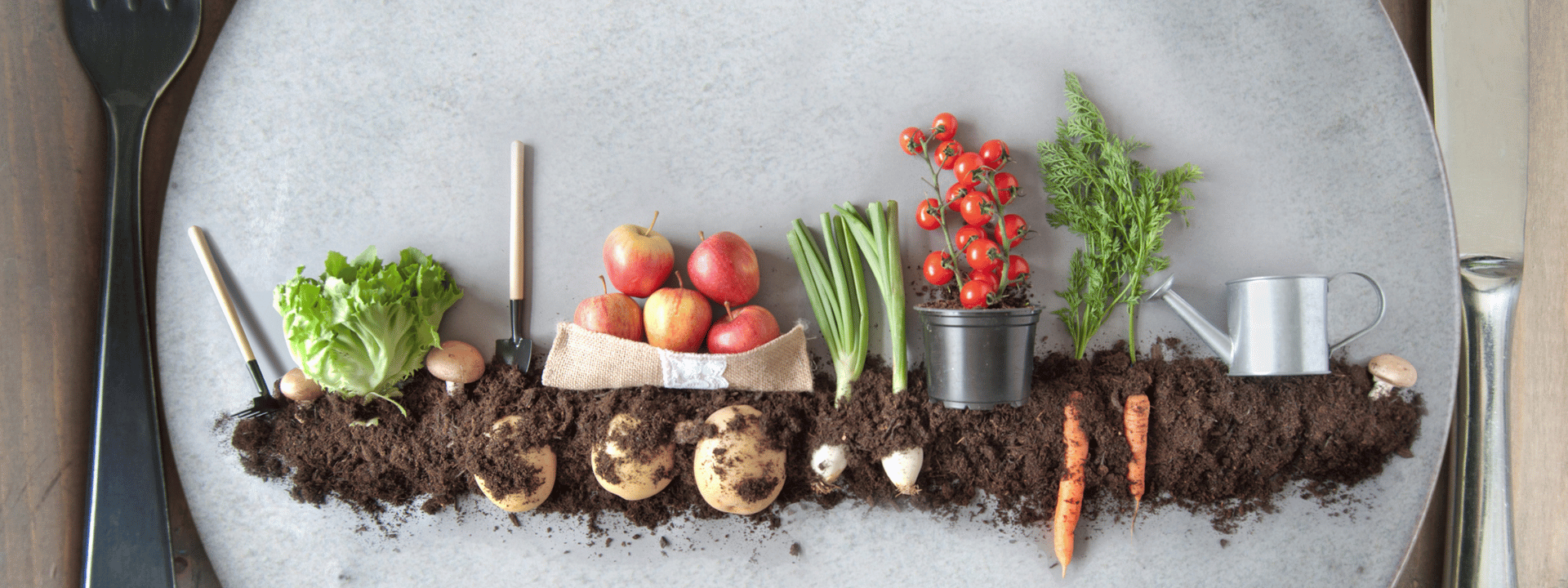
The Guide to Veganuary!
Whether you are going full vegan or starting to eat less meat, our guide to veganuary will help you go plant-based in 2023.

